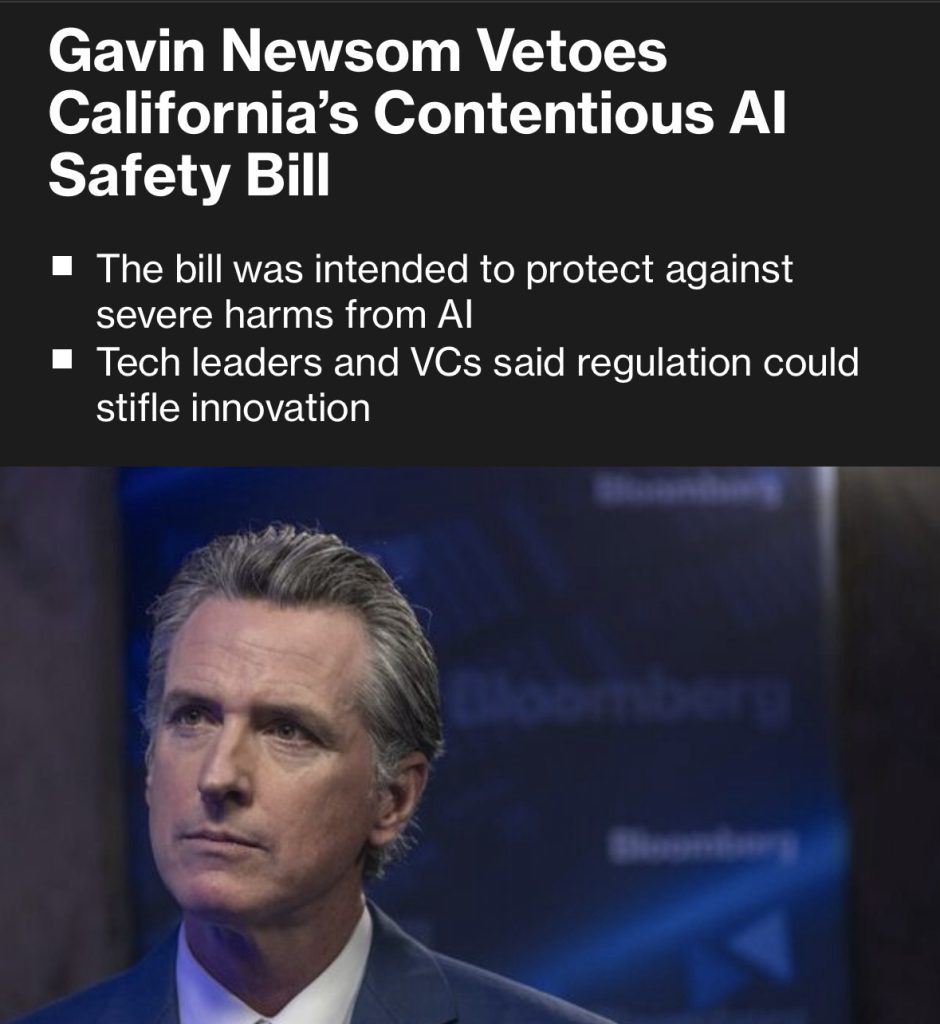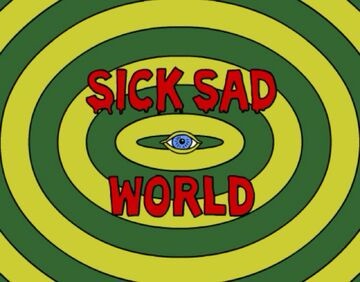Introverts don’t do well with social overstimulation. Any time I attend a gathering where the majority demographic is nerdy, weird, and autistic I find myself feeling the collective vibes of the overstimulated. And it’s not always good vibes for many of them.
I am doing everything I can to take care of myself, be kind to others and still be gently socializing. But it’s not easy.
I’m exhausted from the effort, even with my attempts to practice productive habits like nervous system exercises and getting adequate sleep. No amount of supplements can fend off a collective sense of fear.
I always notice what a rude demographic we introverts can be in these circumstances. Everyone is doing their best to be present and do delicate dances of parasociality where you know each other from the internet but do not wish to intrude or interrupt someone doing business.
In the cases where you are socializing with friends in real life and the rest of a group “knows of” but doesn’t know actually someone you find yourself surrounded by defensive social postures. Plus-ones with little contribute make it even worse.
And I’m not even going to touch the social dynamics of status. Insecurity seems to run rampant in all human groups, but nerds who have known social precariousness are the worst offenders in these situations.
Fear over one’s place within a group that has a wide variance in status can be intense. I don’t like seeing anyone feel left out. I like to be welcoming to everyone I encounter. Even when I’m an overstimulated introvert.
It’s especially important to me to be nice when it’s a group where the capital that provides status (social, literal) rises to celebrity or billionaire.
It can feel paralyzing to interact with anyone who has some degree of status if you don’t want to make someone uncomfortable. The awareness of social graces isn’t always enough.
It’s just as likely that someone will put on airs and over estimate their status as they are to offend the actually important guests.
I dislike watching people police their own social status but it’s even worse when someone polices the status of their friends. It creates cliques and ostracism in the best cases. Cutting off access can help when someone is just an overstimulated introvert but in practice makes the entire environment more fearful.
These social fears can really gum up the works when it’s nerds concerned over their own place within an event let alone in society.
I feel pity in the most awkward of cases but it’s really born of sadness. Cool is a bit like grace. We do little to deserve its bounty, grasping at it only shows our hubris and it doesn’t work in any case. I wonder if that’s a heretical opinion.

